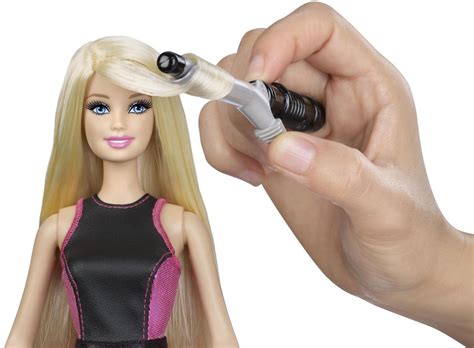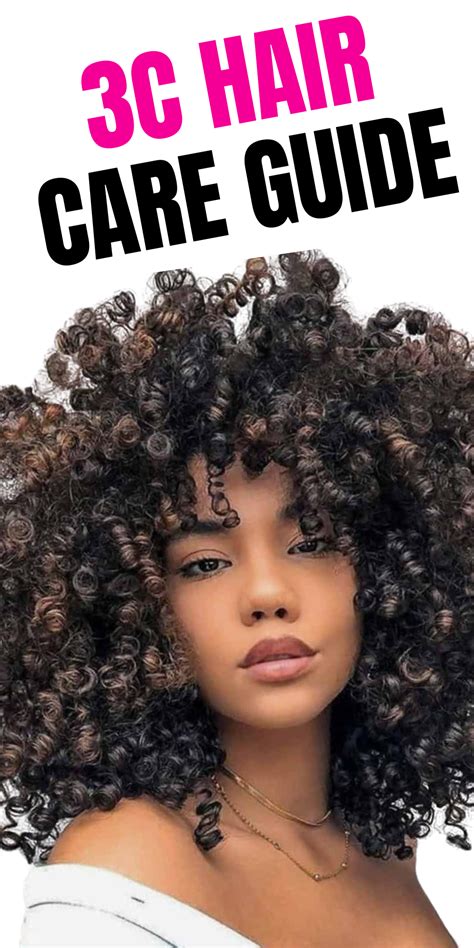Table of Contents
- The Allure of Afro Curly Hair
- Understanding Your Curl Type
- Hair Care Regimen for Healthy Afro Curls
- Styling Afro Curly Hair: A Canvas for Creativity
- The Beauty of Protective Styles
- Hair Health Considerations for Afro Curly Hair
- Common Mistakes to Avoid
- Embracing Your Afro Curly Hair
- Afro Curly Hair in Society
- Inspiring Success Stories
1. The Allure of Afro Curly Hair
Afro curly hair, with its unique and captivating texture, has captivated hearts and turned heads for centuries. Millions of individuals around the world embrace their natural curls, celebrating the inherent beauty and cultural significance they hold.

2. Understanding Your Curl Type
Understanding your curl type is essential for tailored hair care and styling. The Andre Walker Hair Typing System categorizes afro curly hair into four types:
Type 3: Curly
- Curls are defined and springy
- Coils are larger and less dense
Type 4: Coily
- Curls are very tight and compact
- Coils form dense, Z-shaped patterns
3. Hair Care Regimen for Healthy Afro Curls
Hydration
Moisturizing afro curly hair is paramount. Use deep conditioners, leave-in conditioners, and hair masks rich in humectants like shea butter, argan oil, and coconut oil. Avoid over-washing, as it can strip hair of natural oils.
Cleanse
Gently cleanse hair with shampoos free of harsh chemicals and sulfates. Use warm water and avoid excessive rubbing.
Detangling
Detangle hair when wet or damp using a wide-toothed comb or detangling brush. Section hair to prevent breakage.
4. Styling Afro Curly Hair: A Canvas for Creativity
Afro curly hair offers endless styling possibilities. From wash-and-go styles to intricate braids, the options are limitless.
Wash-and-Go
After washing and conditioning, apply styling products like gel or mousse to define curls and prevent frizz. Let hair air dry for natural volume.
Braids
Braids, a versatile protective style, come in various forms, including box braids, cornrows, and dreadlocks. They protect hair from breakage and promote healthy growth.
5. The Beauty of Protective Styles
Protective styles safeguard afro curly hair from environmental damage, heat styling tools, and manipulation. By limiting direct exposure to these stressors, protective styles promote hair health and growth.
6. Hair Health Considerations for Afro Curly Hair
Dryness
Afro curly hair tends to be dry due to its tightly coiled structure. Regular moisturizing and deep conditioning are essential to prevent breakage and maintain hair elasticity.
Breakage
Excessive manipulation, heat styling, and over-processing can lead to breakage. Gentle hair care practices and protective styling are crucial for healthy hair growth.
7. Common Mistakes to Avoid
- Over-washing: Stripping hair of natural oils
- Heat damage: Using hot tools and blow dryers without heat protectant
- Chemical processing: Relaxing or straightening hair can damage hair structure
- Tight hairstyles: Ponytails and buns pulled too tightly can cause breakage
8. Embracing Your Afro Curly Hair
Afro curly hair is a symbol of strength, pride, and individuality. Embrace your natural curls and celebrate their unique beauty. Avoid Eurocentric beauty standards that prioritize straight hair.
9. Afro Curly Hair in Society
Representation
Afro curly hair has historically faced societal bias and discrimination. Increasing representation in media and fashion challenges these stereotypes and promotes acceptance and appreciation.
Cultural Significance
Afro curly hair holds cultural significance for many African and African diaspora communities. It represents identity, heritage, and resistance to colonial ideologies.
10. Inspiring Success Stories
Numerous individuals have triumphed over societal norms to celebrate their afro curly hair. Here are a few inspiring stories:
- Lupita Nyong’o: Academy Award-winning actress known for her signature short, natural hair
- Michelle Obama: Former First Lady of the United States who proudly embraced her natural curls
- Solange Knowles: R&B singer and fashion icon who has experimented with bold and innovative hair looks
Conclusion
Afro curly hair is a magnificent celebration of diversity and individuality. Understanding your curl type, adopting a customized hair care regimen, and embracing protective styles are essential for maintaining healthy and beautiful curls. Remember, your afro curly hair is a crown, a symbol of your strength and resilience. Wear it with pride and never let anyone tell you it’s anything less than perfect.
Frequently Asked Questions
Q: How often should I wash my afro curly hair?
A: It depends on your hair type and scalp condition. Generally, washing every 7-10 days is recommended.
Q: What are the best products for afro curly hair?
A: Look for products specifically designed for curly hair types, such as leave-in conditioners, curl creams, and gels that define and hydrate without weighing hair down.
Q: Can I use heat styling tools on afro curly hair?
A: Heat styling can damage afro curly hair. However, if necessary, use heat protectant and apply low heat settings.
Q: How do I prevent breakage in afro curly hair?
A: Gentle detangling, protective styling, avoiding over-processing, and maintaining healthy hair moisture levels are key to preventing breakage.
